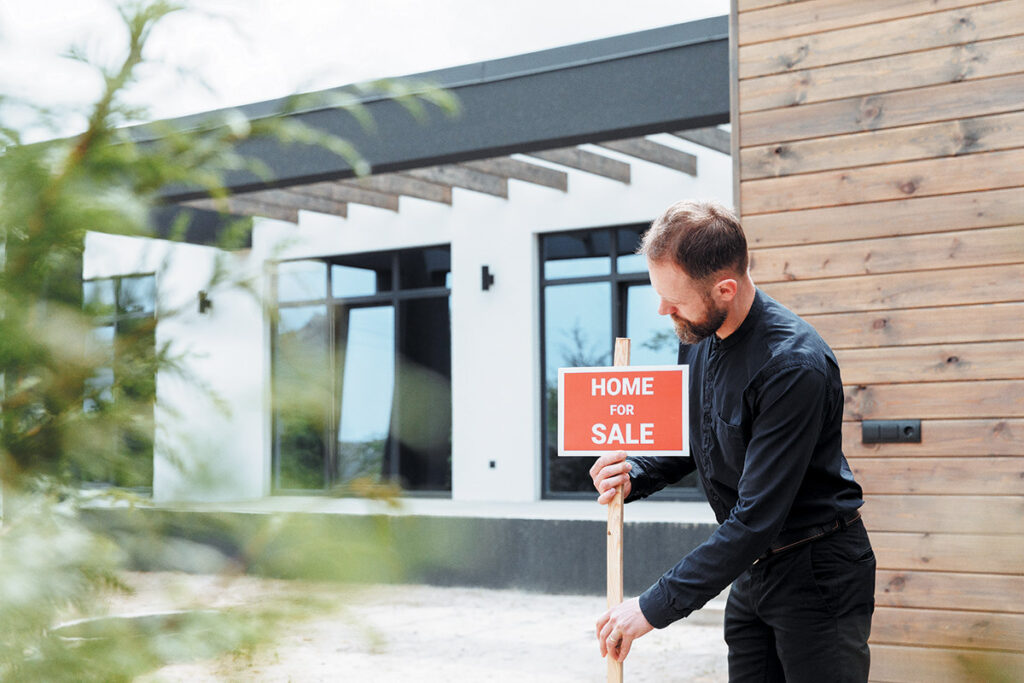Most of us born in the 90s are technically at the same age bracket already, and have the same dream, and same mind of investing in “grown-up” things, like opening a checking account, buying our own cars, and of course having our own homes. It’s a tedious thing to do; selecting the perfect location, doing the titan task of managing paperwork, and the endless trips to the bank for payment. But the good experiences must exude in us the blood, sweat and tears. And long before you realize it, you’ll thank yourself for undergoing such risky business at a relatively young age.
So before diving in, treat these tips as your rite of passage before committing to owning a house:
Choosing the perfect location. There is always the right place for you when buying a house. Take into consideration your lifestyle: Are you a city person? Do you prefer rural areas? Once you’ve narrowed down your choices, prioritize the cost of living in these areas you’ve chosen. After that, you can already start budgeting your expenses: land/lot purchasing, construction expenses, and bank transactions.

Streamlining you’re finances. This is where you ask yourself how much you need. Before proceeding to the next steps, try and figure out if you need another source of income, if you need a loan, or if you need to let go of some assets to help you fund your home-acquiring journey.
Checking your credit status/report. Apart from evaluating loan options and considering the timeline of your likeliness of owning a property, checking your credit report months ahead is an advisable thing to do, especially now that most of our transactions involve banking. The last thing you want to encounter is a mishap in the middle of buying your first home. Another real estate advice would be being smart in using your savings and setting aside a “financial cushion.” Make sure you have a streamlined budget or list of expenses, instead of just pulling out cash from your wallet or swiping your card for various bills.
Thinking long-term. Always, always ask yourself regarding the duration of time you plan to stay in the house you’re investing in. Closing costs and the ever evolving market scenarios are your greatest threats, so be mindful if you don’t see yourself living in that space for a minimum of five to ten years. Immediate selling of your property within the current market trends is not at all ideal.
Mortgages. Conquer your mortgages as early as possible. Most mortgage providers expect you to have at least a 10 percent deposit and the more you can set aside, the more likely you are to access the most competitive mortgage deals. Save for your deposit, and cut down on some spending like gym memberships, subscription services and dining out.
All of these are just entryways to your homeownership, as there are still more things to prepare for, like deals with the contractor, lots of paperwork, and meetings. But if you’re eager enough to persevere, then it’ll all be worth it in the end.
Remember: You’re only competing with yourself so don’t bother worrying. As long as you’re organized and steadfast in owning your first home, then you’re good to go!
